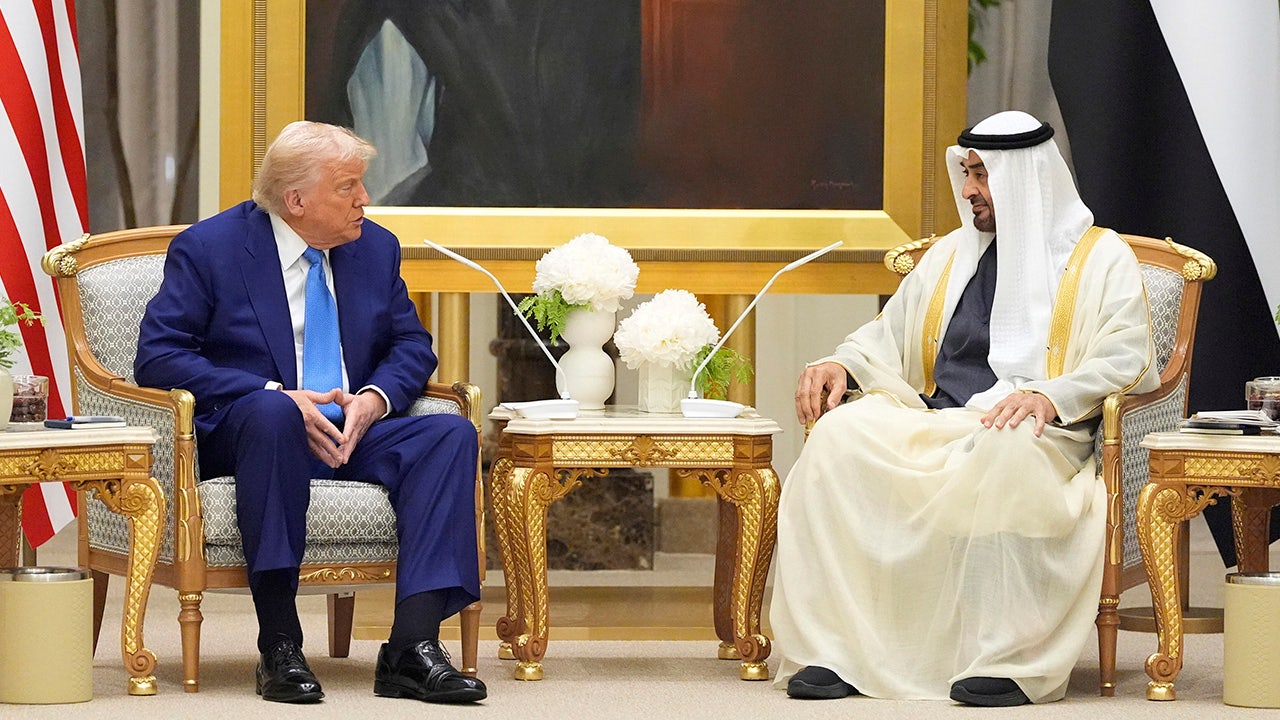Trump’s Middle East Swing: A New Era in U.S. Foreign Policy
President Donald J. Trump’s recent journey through the Middle East promises to reshape American foreign policy dramatically. This wasn’t just a political trip; it was a strategic business venture aimed at reorienting relationships through economic engagement rather than traditional diplomacy.
Business Deals Over Ideology
One of the primary tenets of Trump’s foreign approach is the belief that international relations can thrive on business dealings. By fostering trade and encouraging investment, Trump argues, nations can move toward tolerance and collaboration, sidelining military confrontations. This philosophy echoes throughout the trip, heavily influenced by his earlier stances, notably his 1987 New York Times ad advocating for American allies to take more responsibility for their own defense.
The Shift from Traditionalism
Trump’s recent actions align more with a transactional view of foreign policy, marking a departure from past presidential doctrines. The ideals championed by Woodrow Wilson, aiming to propagate democracy even at the cost of military involvement, no longer hold sway. Instead, Trump’s focus is on hard economics, as made evident by his re-engagement with nations previously neglected or maligned by more interventionist policies.
Major Economic Wins
1. Massive Investment Pledges
Trump secured over $2 trillion in investment commitments from key players like Saudi Arabia, Qatar, and the UAE. This influx is not merely theoretical; it translates into tangible projects in the U.S. – from energy initiatives in Texas to high-tech data centers and the first new aluminum smelting facility in decades. These investments underscore a direct benefit to American interests and job creation.
2. AI and Technology Alliances
The emphasis on artificial intelligence (AI) represents perhaps the most crucial outcome of the trip. With the UAE planning to import 500,000 Nvidia chips annually for its AI developments, Trump is positioning the U.S. as a leader in this critical technology. This move reinforces the imperative for America to remain competitive against rising powers like China, who are also investing heavily in AI.
3. Aviation Expansion
Trump’s administration facilitated a historic order from Qatar Airways for 130 Boeing 787 Dreamliners, making it the largest widebody order to date. This deal is projected to support approximately 400,000 jobs within the American supply chain. Additionally, significant defense contracts were secured, with sales of advanced fighter jets to bolster American-controlled aerial power in the region.
Navigating Middle Eastern Politics
4. The Syrian Equation
During a brief meeting with Syria’s president, Ahmad Al-Sharaa, Trump lifted sanctions in a bid to stabilize the country’s economy. Unlike traditional narratives where nations are strictly categorized as allies or enemies, this decision reflects a more nuanced approach. Lifting sanctions may seem risky but is intended as a strategic move to counter increasing Chinese influence.
5. Messaging to Iran
Trump’s stance toward Iran has equally evolved. By reinforcing that Iran could prosper economically should it abandon its nuclear ambitions, he sends a crisp message amid lifted sanctions in Syria and growing economic ties in the region. This dual approach of maintaining military readiness while promoting economic incentives represents a comprehensive strategy to address the Iranian threat.
6. Competing With China and Russia
Trump’s Middle Eastern ventures also aim to counteract the influence of China and Russia in the region. By establishing strong economic ties and achieving significant trade agreements, Trump’s policies challenge Chinese investment initiatives like the Belt and Road. The partnership agreements signal to both Moscow and Beijing that the U.S. remains a dominant force in shaping Middle Eastern geopolitics.
A Business-Driven Approach
Trump’s diplomatic initiatives reveal an unorthodox yet pragmatic strategy rooted in business principles. By prioritizing trade and investments, he fosters stronger bilateral relationships and secures tangible benefits for the U.S. The invitation to business leaders alongside national security experts marks a distinct shift, illustrating how the conflict-laden landscape of international relations can be altered through economic solutions.
Conclusion
Each component of this strategic journey reflects an evolving complexity in U.S. foreign policy, marrying economic engagement with traditional geopolitical maneuvering. The implications are vast, indicating a potentially significant transformation in how the U.S. engages with the world moving forward.
This change could define a new era, prioritizing business acumen and economic collaborations over past diplomatic norms, leaving an indelible mark on the fabric of international relations.


